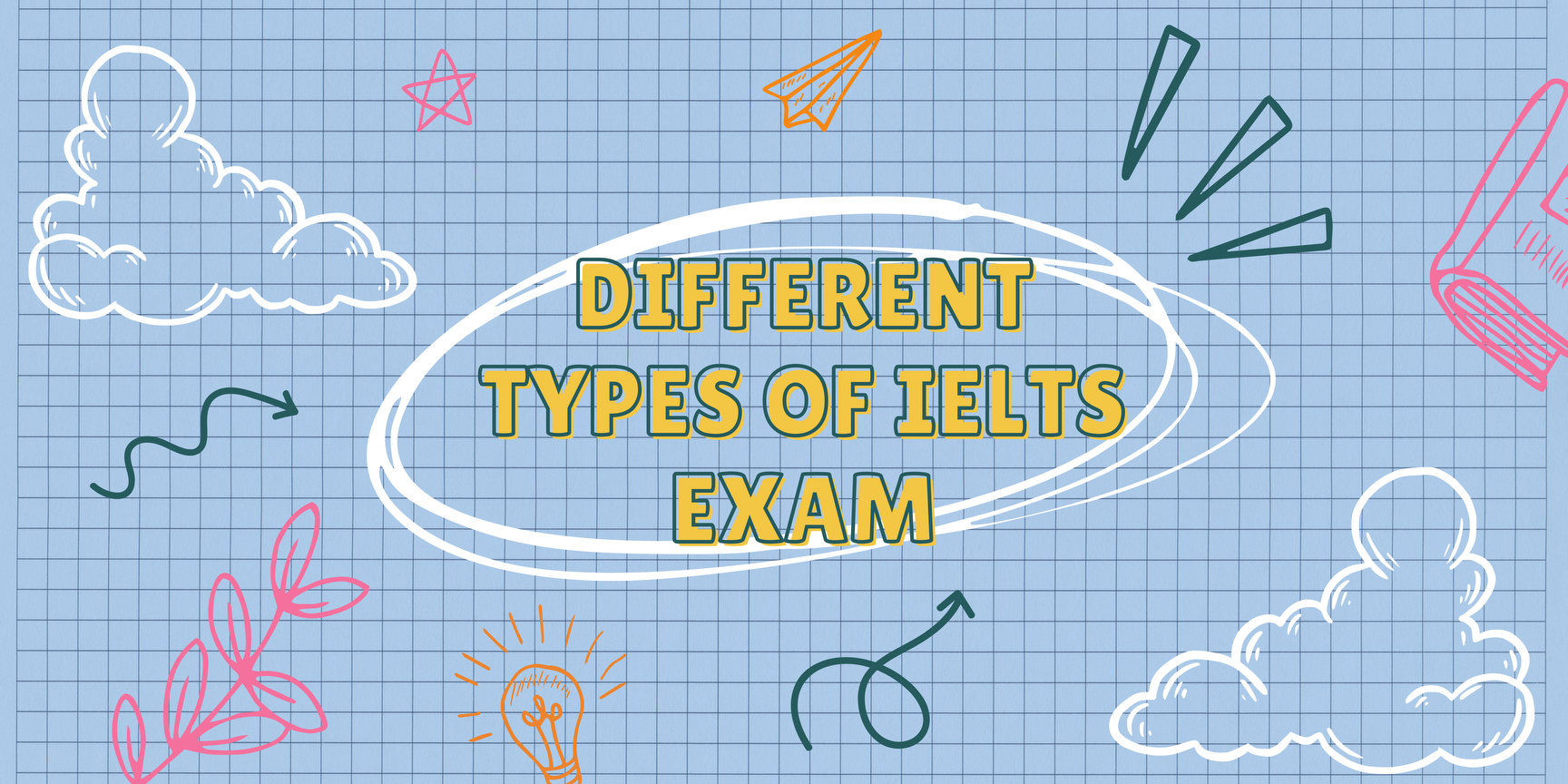There are no items in your cart
Add More
Add More
| Item Details | Price | ||
|---|---|---|---|

Listening: This task has 4 sections and the allocated time is 30 minutes where four different recordings are given to hear. For each section, candidates need to hear the recording carefully to answer the asked questions. This test is taken to analyse the candidate’s capability to comprehend concepts, identify viewpoints, and track the progression of an argument.
Speaking: This part of the test is to evaluate the communication skills of individuals and how they can convey their opinions and information to others regarding the topic. This section contains 3 tasks where individuals are given 11-14 minutes to complete.

